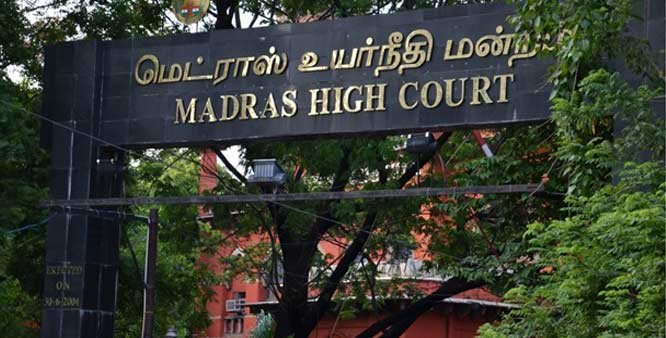Rehan Khan
Madras High Court Advocates’ Association (MHCAA) has unanimously called to boycott Court proceedings on July 8 as part of the opposition protest against the implementation of the New Criminal Laws.
The new criminal laws, Bharatiya Nyaya Sanhita, Bharatiya Nagarik Suraksha Sanhita, and Bharatiya Sakshya Act, came into effect on July 1, 2024.
A meeting of the General Body of the MHCAA was held on, July 5, to discuss the implementation of the new criminal laws, after which a resolution was passed by the association, urging members to abstain from work and from attending courts on the 8th of July.
“This collective action underscores our strong opposition to the changes that we believe undermine the principles of justice and fairness in our legal system. It is crucial that we stand united in this protest to make our voices heard and effect meaningful change,” the resolution said.
Prior to this, the Madurai Bench of the Madras High Court Bar Association had decided to boycott courts on July 5.
The implementation of the three new laws has sparked numerous protests across the country. Additionally, there is concern over the lack of public consultation in drafting these laws, which has fuelled accusations of opacity and disregard for democratic processes. Many groups and organisations are expressing their discontent, contending that the amendments are detrimental to their interests and rights. The dissatisfaction has led to widespread demonstrations and protests; advocates voicing their concerns and calling for changes or the repeal of the newly enacted laws. This wave of protests showcase the significant need for dialogue and resolution.
The significance of these protests lies in their demonstration of the public’s vigilance in safeguarding constitutional rights and their readiness to challenge legislation perceived as draconian. The outcome of this contention will be crucial in shaping the future balance between state authority and individual freedoms in India.

